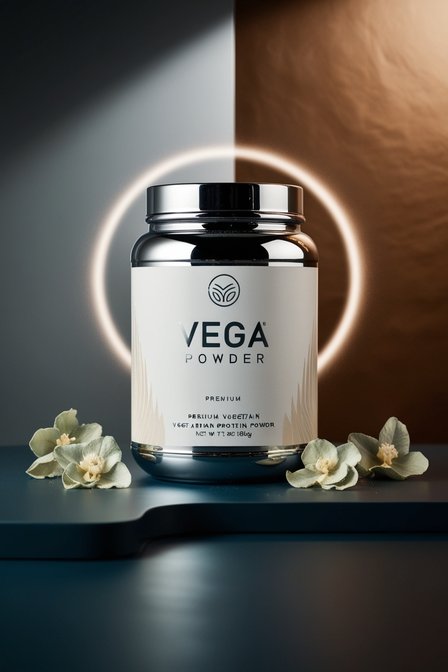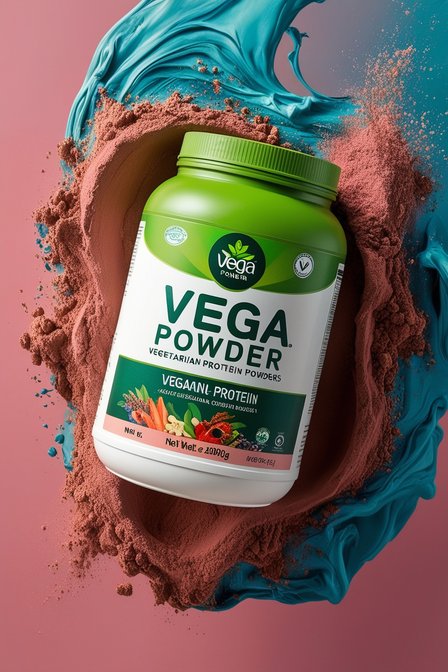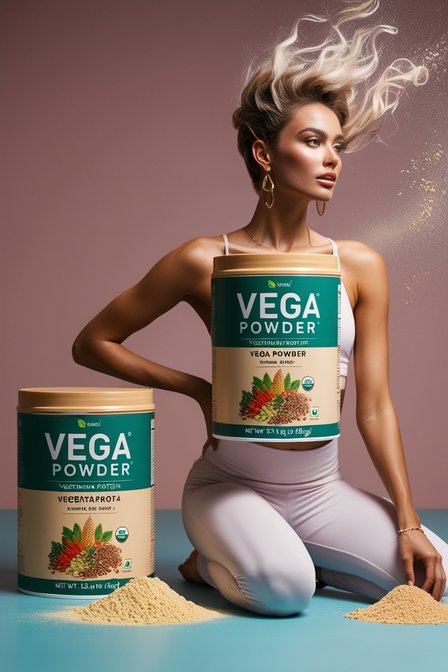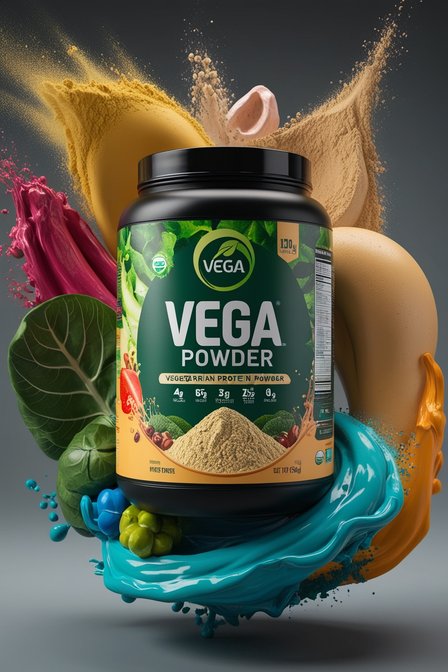Understanding Plant Protein Powder
Plant protein powder has rapidly gained popularity among health enthusiasts, athletes, and those looking to improve their dietary habits. Derived from various plant sources such as peas, hemp, rice, and soy, these powders provide a diverse range of benefits and cater to various dietary preferences and restrictions.
The Rise of Plant-Based Proteins
In recent years, the shift towards plant-based diets has fueled the demand for plant protein powders. This trend is driven by growing awareness about the health benefits of plant-based nutrition, concerns about animal welfare, and the environmental impact of animal farming. As a result, plant protein powders have emerged as a preferred supplement for many individuals seeking to enhance their protein intake without relying on animal products.
Nutritional Benefits
Plant protein powders offer an excellent nutritional profile. They are rich in essential amino acids, vitamins, minerals, and fiber. Unlike animal proteins, which can be high in cholesterol and saturated fats, plant proteins are typically lower in these unhealthy components, making them a heart-healthy option. Additionally, many plant protein powders are free from common allergens such as dairy and gluten, making them suitable for people with dietary restrictions or sensitivities.
Types of Plant Protein Powders
Several types of plant protein powders are available, each with its unique properties and benefits.
Pea Protein: Pea protein is known for its high digestibility and rich amino acid profile, including a good amount of branched-chain amino acids (BCAAs) that support muscle recovery and growth.
Hemp Protein: Derived from hemp seeds, this protein powder is rich in omega-3 and omega-6 fatty acids, essential for cardiovascular health. It also contains fiber, which aids digestion.
Rice Protein: Brown rice protein is hypoallergenic and easy to digest, making it a great option for those with food sensitivities. It provides a complete amino acid profile when combined with other plant proteins.
Soy Protein: One of the most popular plant-based proteins, soy protein is a complete protein, meaning it contains all essential amino acids. It also has isoflavones, which have been linked to various health benefits.
Health Benefits of Plant Protein Powder
Plant protein powders offer numerous health benefits, making them an attractive addition to any diet.
Muscle Building and Recovery: Plant proteins can effectively support muscle growth and recovery, especially when consumed after workouts. BCAAs in plant proteins like pea protein play a crucial role in muscle protein synthesis.
Weight Management: High in protein and fiber, plant protein powders can promote satiety and reduce overall calorie intake, aiding in weight management. They help maintain muscle mass while encouraging fat loss.
Digestive Health: Many plant protein powders contain fiber, which supports healthy digestion and regular bowel movements. Additionally, they are easier on the stomach compared to some animal-based proteins, reducing the risk of digestive discomfort.
Heart Health: Plant proteins are generally lower in cholesterol and saturated fats, which are beneficial for heart health. The inclusion of omega fatty acids in hemp protein further supports cardiovascular function.
Environmental and Ethical Considerations
Choosing plant protein powders over animal-based proteins can significantly reduce your environmental footprint. Plant-based proteins require fewer resources, such as water and land, and produce lower greenhouse gas emissions compared to animal farming. This shift not only supports personal health but also contributes to a more sustainable and ethical food system.
Incorporating Plant Protein Powder into Your Diet
Adding plant protein powder to your diet is easy and versatile. Here are some ways to incorporate it:
Smoothies and Shakes: One of the most popular ways to consume plant protein powder is by adding it to smoothies or shakes. It blends well with fruits, vegetables, and various liquids like water, almond milk, or coconut water.
Baking and Cooking: Plant protein powder can be added to baked goods, such as muffins, pancakes, and protein bars, to increase their nutritional value. It can also be mixed into soups, sauces, and oatmeal.
Supplementation: Plant protein powders can be used as a dietary supplement to ensure you meet your daily protein requirements, especially for those with higher protein needs, such as athletes and bodybuilders.
Choosing the Right Plant Protein Powder
When selecting a plant protein powder, consider the following factors to ensure you choose the best product for your needs:
Ingredient Quality: Look for powders with minimal ingredients and no artificial additives or preservatives. Organic and non-GMO options are preferable.
Protein Content: Check the protein content per serving to ensure it meets your dietary goals. A good plant protein powder should provide at least 15-20 grams of protein per serving.
Amino Acid Profile: A complete amino acid profile is essential for optimal protein synthesis. Some plant proteins may need to be combined to provide all essential amino acids.
Digestibility: Some plant proteins may be easier to digest than others. If you have a sensitive stomach, opt for proteins known for their digestibility, such as pea or rice protein.
Taste and Texture: The taste and texture of plant protein powders can vary significantly. It's a good idea to try different brands and flavors to find one that suits your preferences.
Potential Drawbacks and Considerations
While plant protein powders offer many benefits, it's essential to be aware of potential drawbacks:
Incomplete Protein Sources: Some plant proteins may lack one or more essential amino acids. Combining different plant proteins can help create a complete amino acid profile.
Digestive Issues: Some individuals may experience digestive issues, such as bloating or gas, when consuming certain plant proteins. Starting with a smaller serving and gradually increasing the amount can help your body adjust.
Cost: High-quality plant protein powders can be more expensive than their animal-based counterparts. However, the health and environmental benefits may justify the cost for many consumers.
Conclusion
Plant protein powders are an excellent addition to a balanced diet, offering numerous health benefits while aligning with ethical and environmental values. With a variety of options available, it's easy to find a plant protein powder that suits your dietary needs and preferences. By incorporating plant protein into your daily routine, you can support muscle growth, aid in weight management, improve digestive health, and contribute to a more sustainable future.




